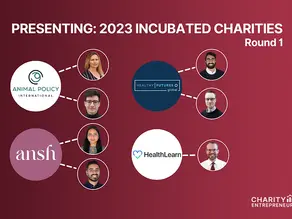A funding circle represents a collaboration among various funders, generally centered around a particular cause. For instance, the Mental Health Funding Circle is dedicated to identifying impactful opportunities within the realm of mental health. While there's no pooled funding—with each funder making their individual decisions—information and application processes are shared. Other notable examples include the Antimicrobial Resistance Funding Circle, Farmed Animal Funders (FAF), and Big Bang Philanthropy.
Funding circles offer a powerful means of leveraging and coordinating multiple funders sharing a common interest. Often, a cause area attracts numerous funders; however, due to closed application rounds, ambiguous standards, and disjointed networks, the available funding may not be as well-organized as it could be. While it's crucial for a healthy funding ecosystem to have a variety of funder perspectives, a funding circle provides the massive advantage of a centralized point of contact. This means organizations looking for funding can apply as if they were approaching a single large funder, but with exposure to multiple potential funders. Additionally, if a member of the network identifies a promising opportunity that falls outside their scope, the structure ensures open communication channels, enabling them to pass the project on to a grantmaker who might be a better fit.




.png)

.png)
.png)


